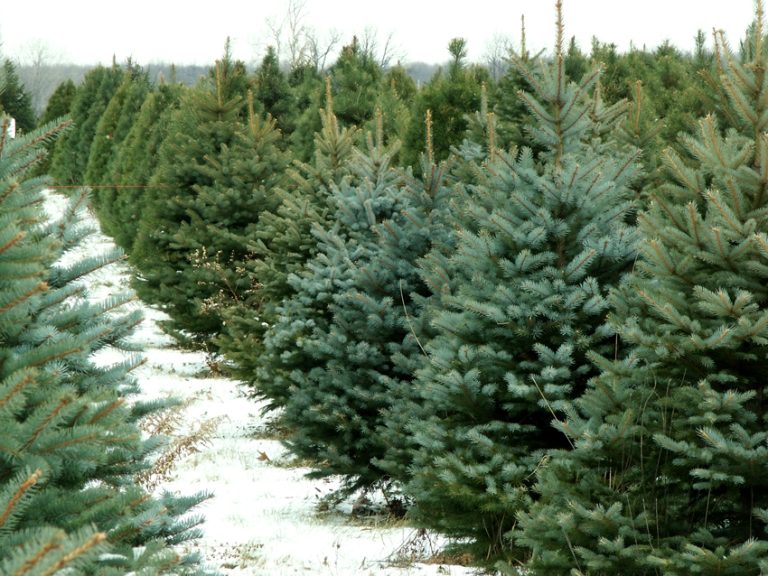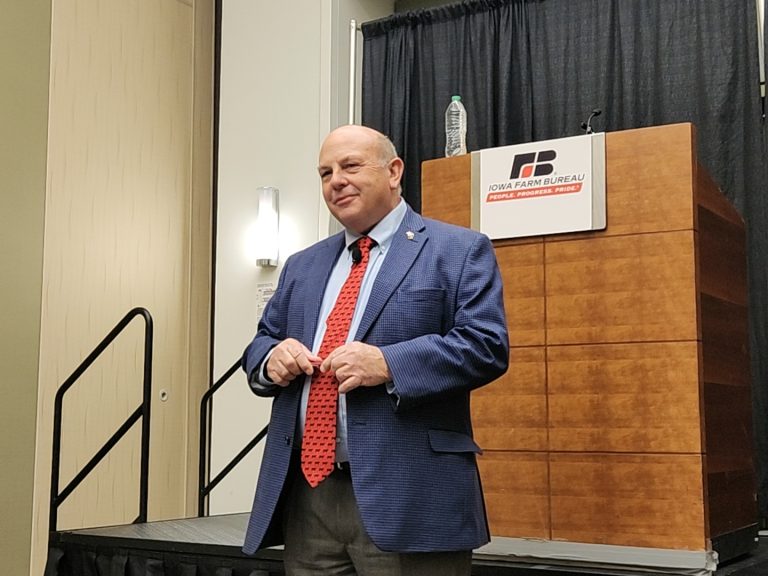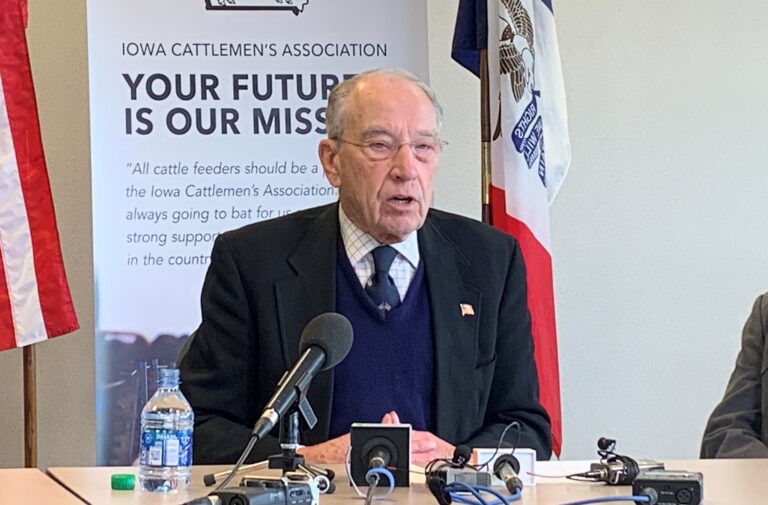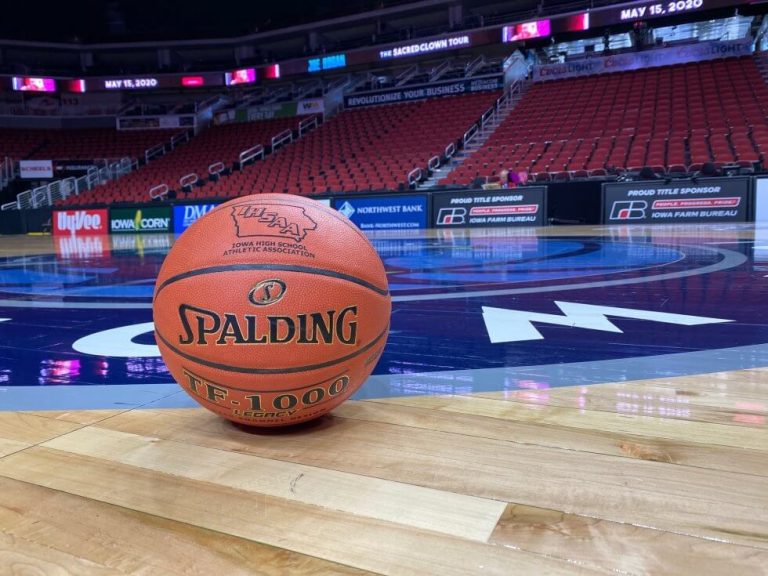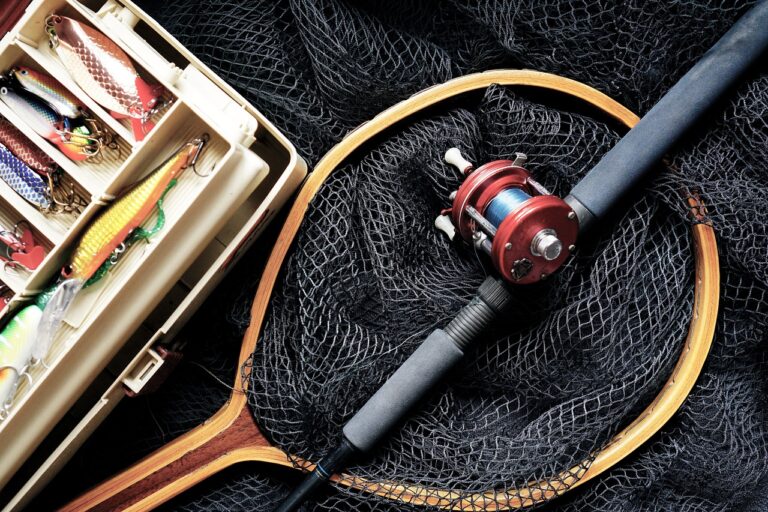IARN — Matt Bormann, of Algona, Iowa, last week spoke to crop progress, where he attributed early season results to conservation practices, such as cover crops and less tillage. Today he challenges farmers to step outside their comfort zones.
Bormann doesn’t deny, “It’s easy to get stuck in our ways of how things have to be done.” He understands how comfortable that may be, but asks, “Is that a better way of farming?”
“Generations of the Bormann family have done tillage. When you start to do something different, it’s scary. It’s like: Is it going to work? Is it not going to work? I keep telling farmers, you have to get your mind set up. You are not going to fail by cutting back on tillage; you are not going to fail by using cover crops,” Bormann said.
Producers who farm across the fence line may not incorporate conservation practices, but “God didn’t make that ground much different than mine,” says Bormann. If these practices work on his farm, they will work on those acres beyond his fence line.
“It’ll work. You have to get over the mental hurdle. How do you get over that mental hurdle? By incrementally adopting it. I always tell guys, ‘If you’re scared to death, get 20 to 40 acres that nobody can see. Ask one of your neighbors that is doing it, What should I do to be successful? Try this stuff. You’re going to learn as you go,” Bormann said.
Bormann encourages producers to put matters into perspective when looking at conservation practices.
“Let’s talk about cost on the farm,” Bormann said. “A bag of seed can vary from $150 a bag to $300 a bag. We would guess the higher priced bag should yield more, but it doesn’t. I always tell people, I was just a C student back in school. So this C student says, ‘Well, I could spend money on something that doesn’t necessarily guarantee I make it back, so why not spend money on some of this other stuff and try to adopt it?’”
Story courtesy of the Iowa Agribusiness Radio Network.



